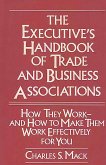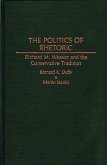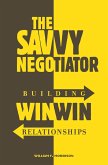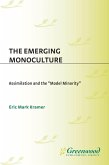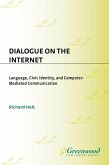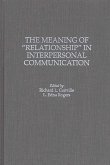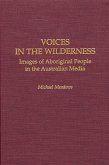This book provides the context and tools to create knowledge via a proven process of inquiry, questions, and conversation. It introduces the theoretical background to explain why, as well as the practical hands-on skills and processes to demonstrate how, to surface tacit knowledge-that which we know but which we have not yet made explicit in conversation, e.g., background, education, and experience-and create new knowledge in collaboration with colleagues. In the information economy, knowledge is an asset and a currency. The creation of new knowledge, therefore, enhances an organization's position in the marketplace. How do we create new knowledge? We don't do it by learning what is already known. The learning organization is already passé. Instead, we do it by inquirinq, which is a method of bringing tacit knowledge to the forefront of awareneness. The inquiring organization surfaces tacit knowledge, which is what its employees bring to the table-their background, education, experience, character, and judgment-and transforms that knowledge into new, explicit knowledge that can be transferred from one employee to another through conversation. That is true knowledge creation, and this book provides the tools, skills, techniques, and processes for executives and professionals in any field to accomplish this task in today's fluid environment.
Bitte wählen Sie Ihr Anliegen aus.
Rechnungen
Retourenschein anfordern
Bestellstatus
Storno



